40 label of prokaryotic cell
Eukaryotic Cell - The Definitive Guide | Biology Dictionary A eukaryotic cell contains membrane-bound organelles such as a nucleus, mitochondria, and an endoplasmic reticulum. Organisms based on the eukaryotic cell include protozoa, fungi, plants, and animals. These organisms are grouped into the biological domain Eukaryota. Cellular organelles and structure (article) | Khan Academy There are two main types of cells, prokaryotic and eukaryotic. Prokaryotes are cells that do not have membrane bound nuclei, whereas eukaryotes do. ... like a shipping label. However, in patients with I-cell disease, one of the proteins that make this tag is mutated, and cannot do its job, like a broken label machine. This means that proteins ...
Label the prokaryotic cell Quiz - PurposeGames.com Label the prokaryotic cell by blueseas 8,024 plays 8 questions ~20 sec English 8p 0 too few (you: not rated) Tries 8 [?] Last Played February 22, 2022 - 12:00 am There is a printable worksheet available for download here so you can take the quiz with pen and paper. Remaining 0 Correct 0 Wrong 0 Press play! 0% 08:00.0 Other Games of Interest

Label of prokaryotic cell
Prokaryotic and eukaryotic cells (practice) | Khan Academy Choose 1 answer: The prokaryotic cells have a nucleus, while the eukaryotic cells do not. A The prokaryotic cells have a nucleus, while the eukaryotic cells do not. The prokaryotic cells have cytoplasm, and eukaryotic cells do not. B The prokaryotic cells have cytoplasm, and eukaryotic cells do not. 2.3: Prokaryotic and Eukaryotic Cells - Biology LibreTexts Two Types of Cells. There is another basic cell structure that is present in many but not all living cells: the nucleus. The nucleus of a cell is a structure in the cytoplasm that is surrounded by a membrane (the nuclear membrane) and contains, and protects, most of the cell's DNA. Based on whether they have a nucleus, there are two basic types of cells: prokaryotic cells and eukaryotic cells. Prokaryotic cell to label - Labelled diagram - Wordwall Verbind ieder label met de juiste plek in de afbeelding.. nucleoid region, pili, ribosomes, flagellum, plasmid, cytoplasm, plasma membrane, cell wall, capsule.
Label of prokaryotic cell. Prokaryotic cell - Teaching resources label prokaryotic cell structures Labelled diagram by Alecbaus Bacteria (Prokaryotic) Cell Labelled diagram by Sgshumat Label the prokaryotic cell Labelled diagram by Bx562 prokaryotic cell labeling Labelled diagram by Tclemmons Biology Prokaryotic cell vs Eukaryotic Cell Group sort by Kkuo G6 Science Prokaryotic cell vs Eukaryotic Cell Group sort The Structure of Prokaryotes | Biology for Majors II - Lumen Learning A prokaryotic cell is a simple, single-celled (unicellular) organism that lacks a nucleus, or any other membrane-bound organelle. Prokaryotic DNA is found in the central part of the cell: a darkened region called the nucleoid (Figure 2). Some prokaryotes have flagella, pili, or fimbriae. Flagella are used for locomotion, while most pili are ... Prokaryotic Cells: Structure, Function, and Definition - ThoughtCo Prokaryotic cells are not as complex as eukaryotic cells. They have no true nucleus as the DNA is not contained within a membrane or separated from the rest of the cell, but is coiled up in a region of the cytoplasm called the nucleoid. Prokaryotic organisms have varying cell shapes. Prokaryotic Cell - Definition, Examples & Structure - Biology Dictionary A prokaryotic cell is a type of cell that does not have a true nucleus or membrane-bound organelles. Organisms within the domains Bacteria and Archaea are based on the prokaryotic cell, while all other forms of life are eukaryotic. However, organisms with prokaryotic cells are very abundant and make up much of Earth's biomass. Overview
22.2A: Basic Structures of Prokaryotic Cells - Biology LibreTexts Figure 22.2 A. 1: Prokaryotic cell structure: The features of a typical prokaryotic cell are shown. The composition of the cell wall differs significantly between the domains Bacteria and Archaea, the two domains of life into which prokaryotes are divided. The composition of their cell walls also differs from the eukaryotic cell walls found in ... Question: Label the parts of the prokaryotic cell shown. - Chegg Expert Answer. 1st step. All steps. Final answer. Step 1/2. Prokaryotic cells are typically smaller and simpler in structure than eukaryotic cells and are found in the domains of Bacteria and Archaea. View the full answer. Step 2/2. Label a prokaryote worksheet prokaryote label ID: 2505341 Language: English School subject: Biology Grade/level: 9-12 Age: 14-18 Main content: Cells Other contents: label Add to my workbooks (10) Download file pdf Embed in my website or blog Add to Google Classroom Add to Microsoft Teams Share through Whatsapp Link to this worksheet: Copy cohenbio Finish!! Plasma membrane and cytoplasm (article) | Khan Academy In prokaryotes, which lack a nucleus, cytoplasm simply means everything found inside the plasma membrane. One major component of the cytoplasm in both prokaryotes and eukaryotes is the gel-like cytosol, a water-based solution that contains ions, small molecules, and macromolecules.
Prokaryotic cells (article) | Khan Academy All cells fall into one of these two broad categories. Only the single-celled organisms of the domains Bacteria and Archaea are classified as prokaryotes—pro means before and kary means nucleus. Animals, plants, fungi, and protists are all eukaryotes—eu means true—and are made up of eukaryotic cells. Often, though—as in the case of we humans—there are some prokaryotic friends hanging ... Prokaryotic Cell Labeling Diagram | Quizlet Prokaryotic Cell Labeling 3.0 (2 reviews) + − Flashcards Learn Test Match Created by ski_SR02 Terms in this set (8) Term pili Definition Appendages that allow bacteria to attach to each other and to transfer DNA Location Term flagellum Definition A long, hairlike structure that grows out of a cell and enables the cell to move. Location Term Prokaryotic Cells- Definition, Structure, Characteristics, and Examples The prokaryotic cells have four main components: Plasma Membrane- It is an outer protective covering of phospholipid molecules which separates the cell from the surrounding environment. Cytoplasm- It is a jelly-like substance present inside the cell. All the cell organelles are suspended in it. DNA- It is the genetic material of the cell. Prokaryote structure (article) | Khan Academy Prokaryotes are single-celled organisms belonging to the domains Bacteria and Archaea. Prokaryotic cells are much smaller than eukaryotic cells, have no nucleus, and lack organelles. All prokaryotic cells are encased by a cell wall. Many also have a capsule or slime layer made of polysaccharide.
Labeling the Prokaryotic Cell Flashcards | Quizlet Prokaryotic Cell Capsule A sticky layer that surrounds the cell walls of some bacteria, protecting the cell surface and sometimes helping to glue the cell to surfaces. Cell Wall A rigid layer of nonliving material that surrounds the cells of plants and some other organisms. Plasma Membrane
4.2: Prokaryotic Cells - Biology LibreTexts Components of Prokaryotic Cells. All cells share four common components: 1) a plasma membrane, an outer covering that separates the cell's interior from its surrounding environment; 2) cytoplasm, consisting of a jelly-like cytosol within the cell in which other cellular components are found; 3) DNA, the genetic material of the cell; and 4) ribosomes, which synthesize proteins.
Nucleus and ribosomes (article) | Khan Academy The nucleus. The nucleus (plural, nuclei) houses the cell's genetic material, or DNA, and is also the site of synthesis for ribosomes, the cellular machines that assemble proteins. Inside the nucleus, chromatin (DNA wrapped around proteins, described further below) is stored in a gel-like substance called nucleoplasm.
Prokaryotic cell to label - Labelled diagram - Wordwall Verbind ieder label met de juiste plek in de afbeelding.. nucleoid region, pili, ribosomes, flagellum, plasmid, cytoplasm, plasma membrane, cell wall, capsule.
2.3: Prokaryotic and Eukaryotic Cells - Biology LibreTexts Two Types of Cells. There is another basic cell structure that is present in many but not all living cells: the nucleus. The nucleus of a cell is a structure in the cytoplasm that is surrounded by a membrane (the nuclear membrane) and contains, and protects, most of the cell's DNA. Based on whether they have a nucleus, there are two basic types of cells: prokaryotic cells and eukaryotic cells.
Prokaryotic and eukaryotic cells (practice) | Khan Academy Choose 1 answer: The prokaryotic cells have a nucleus, while the eukaryotic cells do not. A The prokaryotic cells have a nucleus, while the eukaryotic cells do not. The prokaryotic cells have cytoplasm, and eukaryotic cells do not. B The prokaryotic cells have cytoplasm, and eukaryotic cells do not.

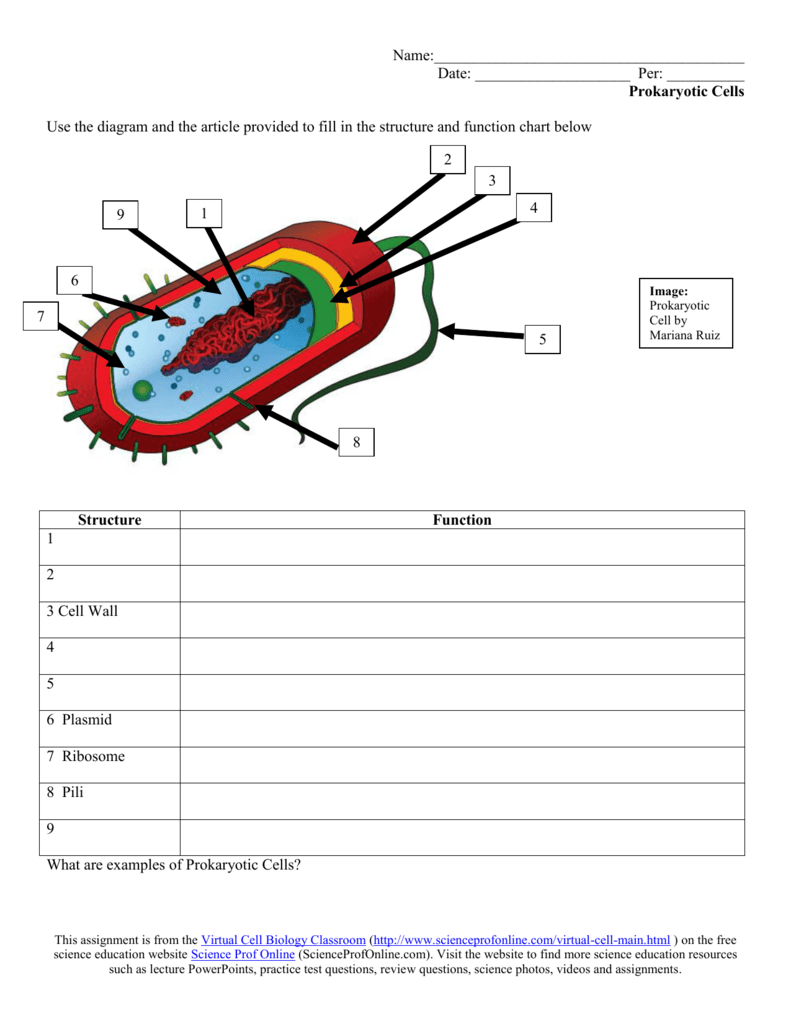
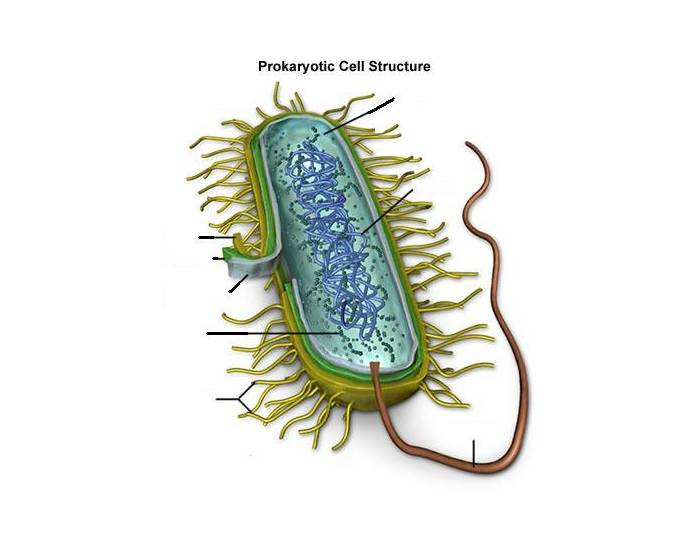
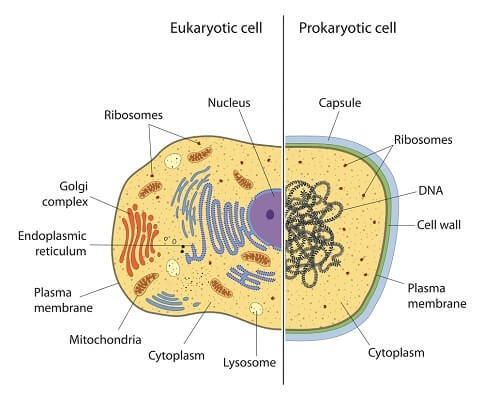



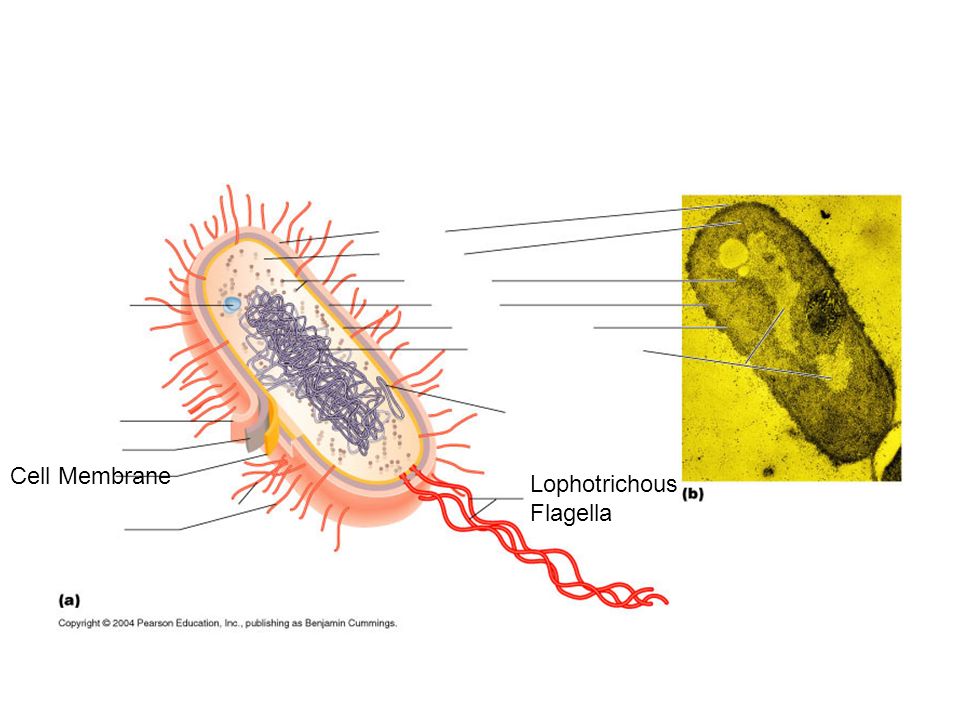

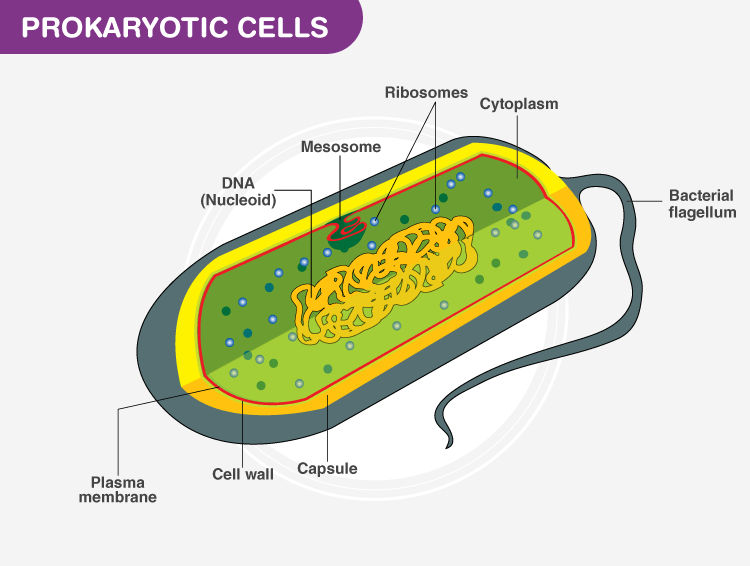
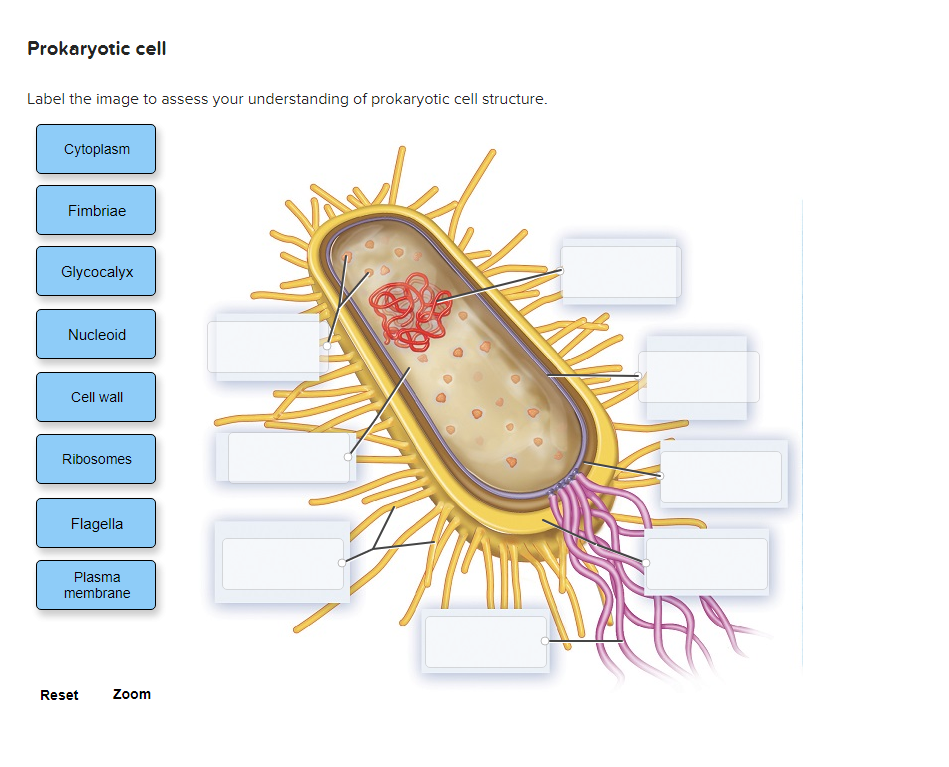

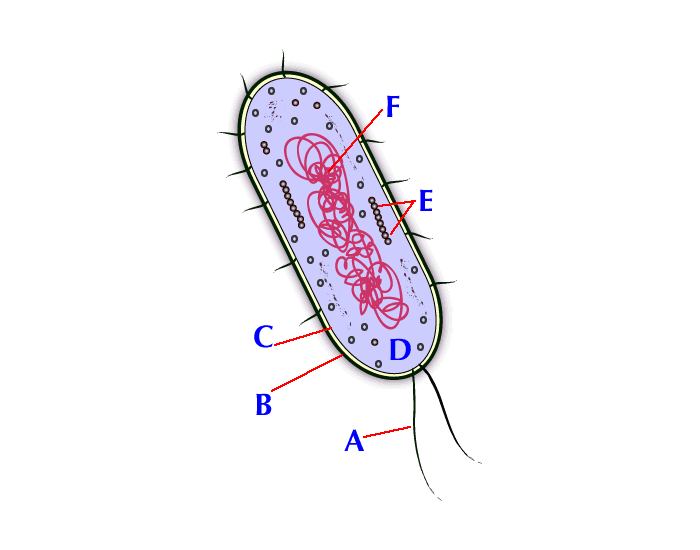

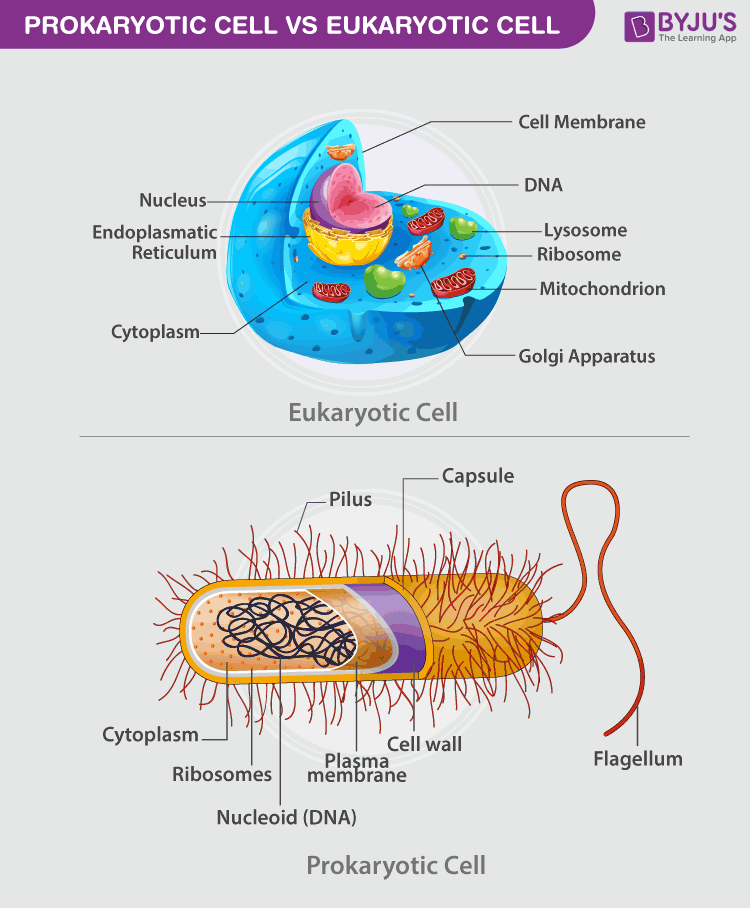




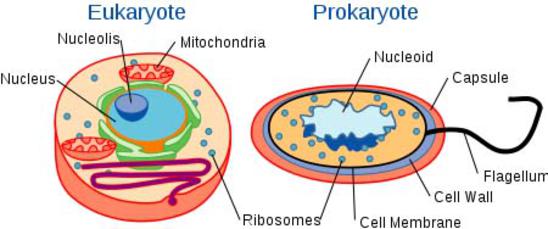

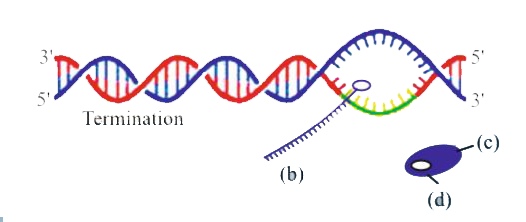
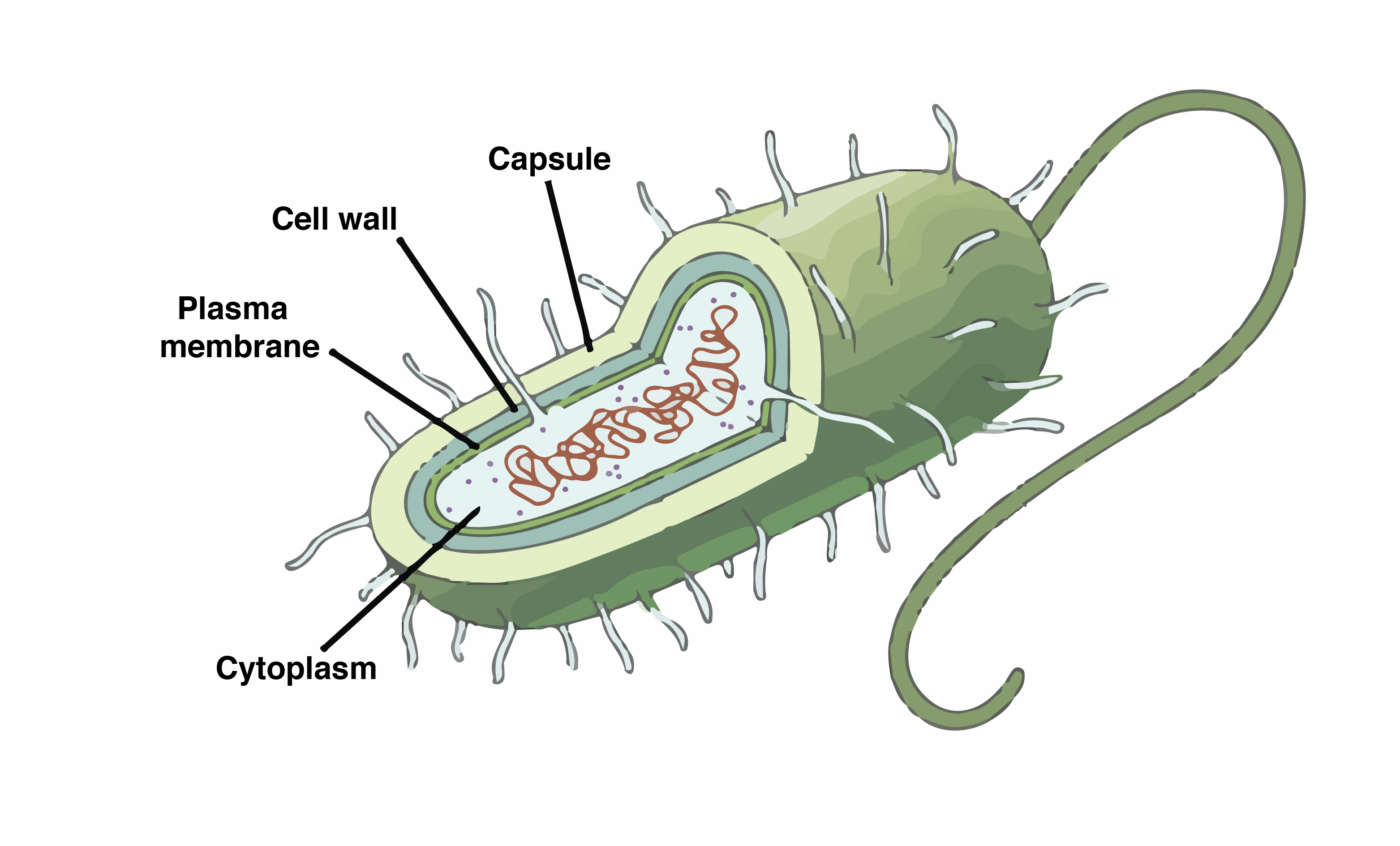

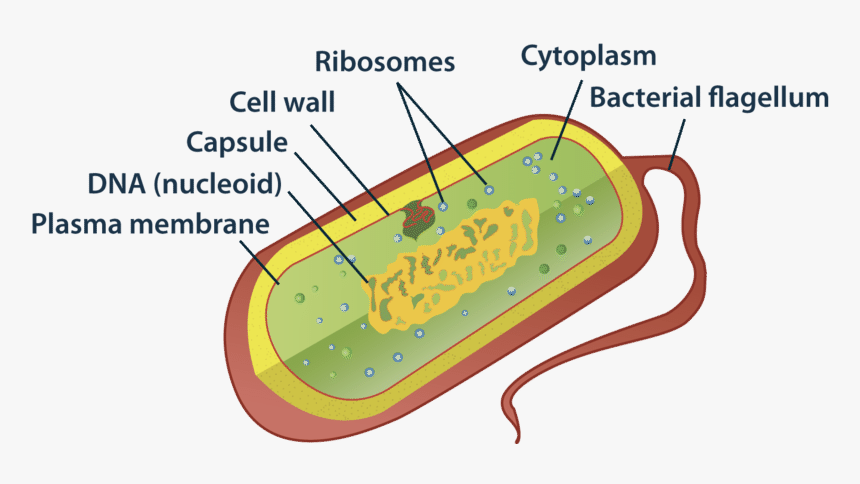


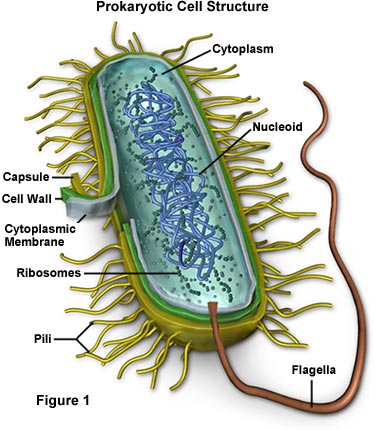
:max_bytes(150000):strip_icc()/bacteria_cell_drawing-5786db0a5f9b5831b54f017c.jpg)
Post a Comment for "40 label of prokaryotic cell"